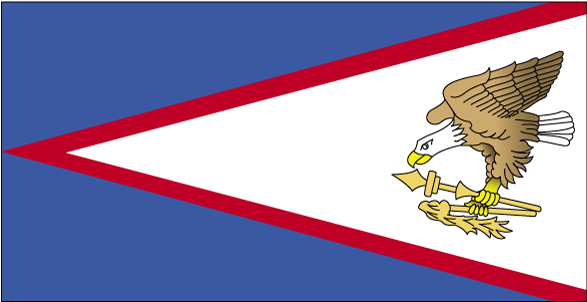World News
American Samoa grants amnesty to more than 4,000 foreigners
PAGO PAGO, American Samoa—A U.S. territory has granted immigration amnesty to more than 4,000 foreigners who are physically present in American Samoa without current lawful immigration status.
The bill signed by Gov. Lolo Matalasi Moliga also grants amnesty to those who are lawfully in the territory but subject to specific numerical limitations on their registration by country.
The attorney general’s office said the amnesty bill is the first step in immigration reforms for the U.S. territory, which controls its own borders and isn’t subject to federal law.
Local immigration laws set a quota on the number of foreigners from countries to reside and work legally in American Samoa. That had been set at 350 annually, but the amnesty law increased the total for one year only.
The provisions have cleared 2,474 people who began the immigration process under an amnesty-registration campaign started earlier this year. Also cleared were another 1,637 foreigners who were lawfully present and waiting for citizenship.
The people granted amnesty hailed from 24 nations, and neighbouring Samoa had the most at 2,845. Tonga had 457 people cleared, followed by the Philippines with 446, Fiji with 101, China with 96, New Zealand with 19, Vietnam with 17, and Korea with 12.
Others receiving amnesty came from a variety of nations, including Australia, Germany, the Federated States of Micronesia, Romania, Great Britain and Taiwan.
“The people we are talking about are contributing members of society, in some cases along with their families, who have fallen into circumstances not always of their own making,” Moliga said in a Tuesday letter sent to lawmakers informing them the bill has been signed.
“We owe them the opportunity to become full-fledged members of the community so they can fully partake in all community affairs and be fully counted for public planning purpose when federal assistance decisions are made arising out of our population count,” he said.
Several federal funding sources are based on population counts, and many in American Samoa feel the 2010 Census count of 55,519—a 3.1 per cent decline from the 2000 Census—was low.
Some politicians said foreigners who lived and worked in the territory during the 2010 count feared being deported if they came forward.






















